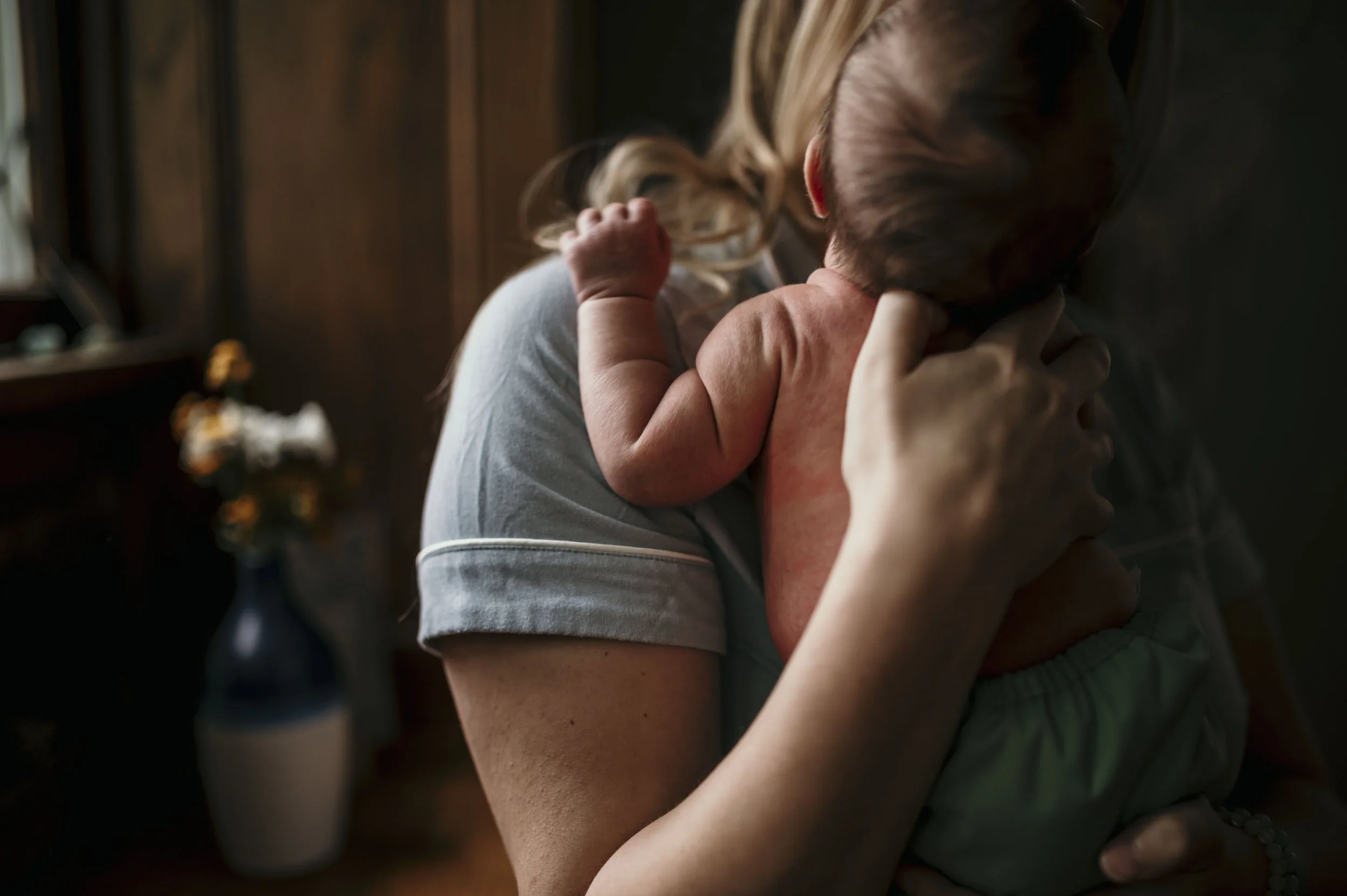You deserve birth support.
Birth is a transcendent experience, and each mother deserves to be uplifted on her journey through it. As your doula, I provide you with physical, emotional, and informational support before, during, and after giving birth.
Each service I offer is tailored specifically to each expecting mother.
I intentionally serve your needs, no matter what they might be, so that welcoming your new little one is a beautiful experience.
my services
ORA DOULA SERVICES.
ORA DOULA SERVICES.
meet your doula
Hi, I’m Laura!
As a certified birth doula, my passion is supporting families through pregnancy, labor/birth, and the early postpartum period. Everyone deserves to feel supported and uplifted on the day they welcome a child into the world. Birth work is an incredible calling, and it is my honor to come alongside moms during these transformative moments.
Ready to Get Started?
Schedule a free consultation! This allows you to get to know me and learn if I would be a good fit for your birth. I will go over my services, read over my contract, and you can ask me any questions you have about the support I offer.













